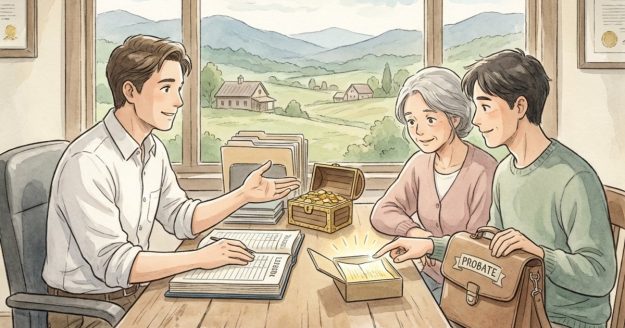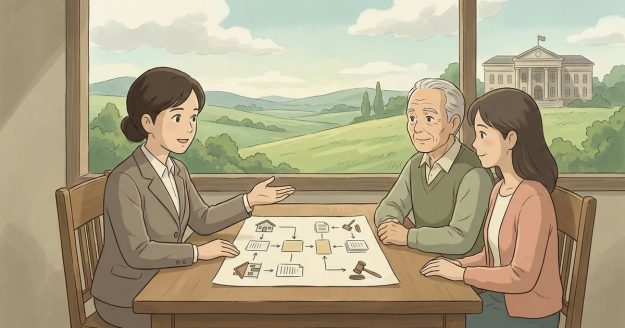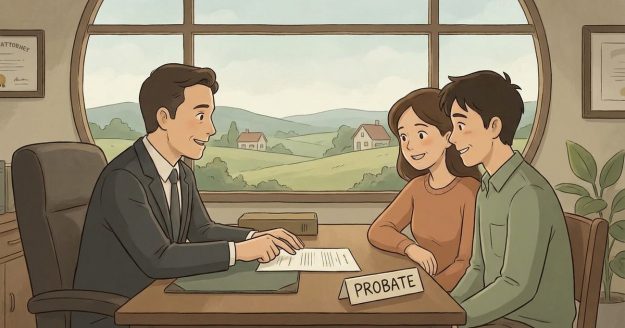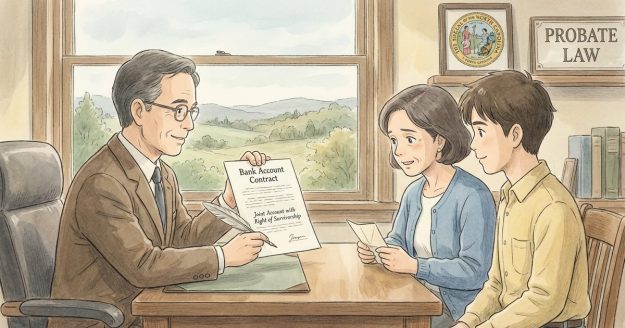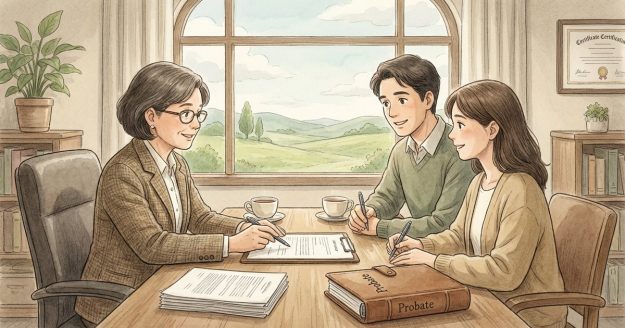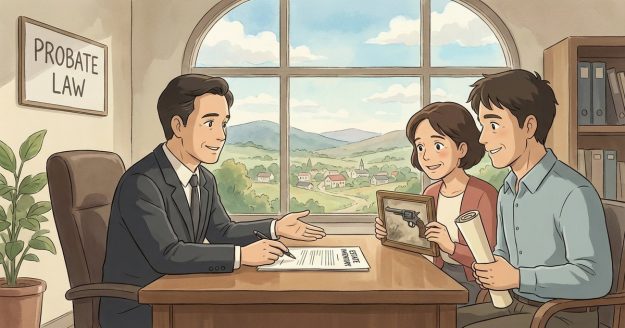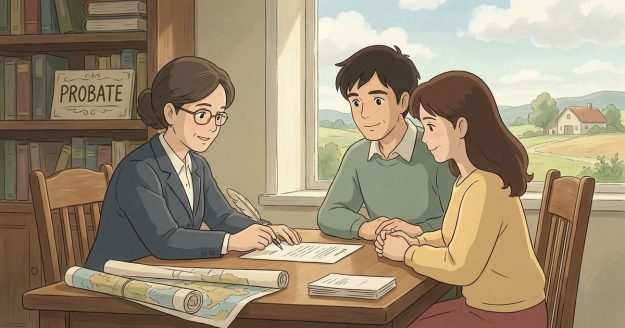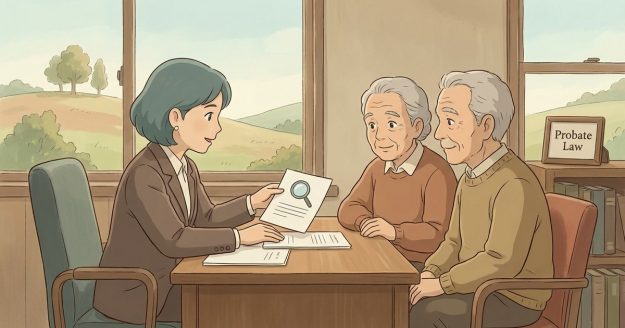What happens if we start with a short-form filing but later discover assets that require a full probate process? nc
What happens if we start with a short-form filing but later discover assets that require a full probate process? – North Carolina Short Answer In North Carolina, starting with a short-form estate option (most often a collection-by-affidavit “small estate”) does not lock an estate into that path forever. If later-discovered assets push the estate outside…

